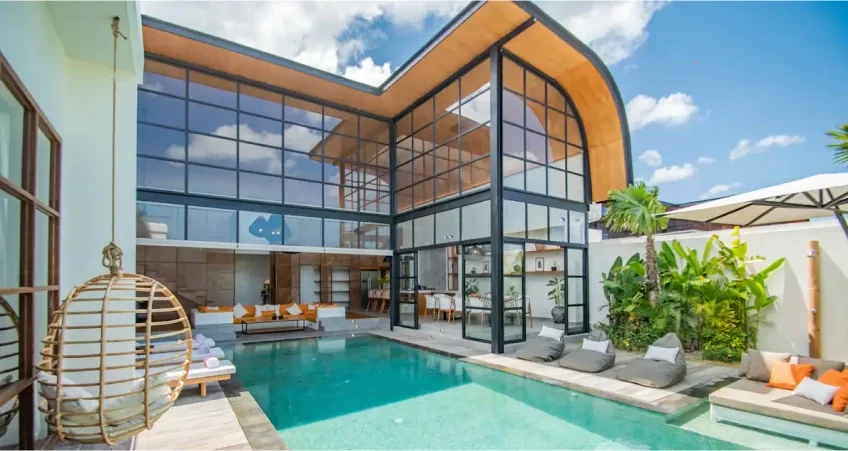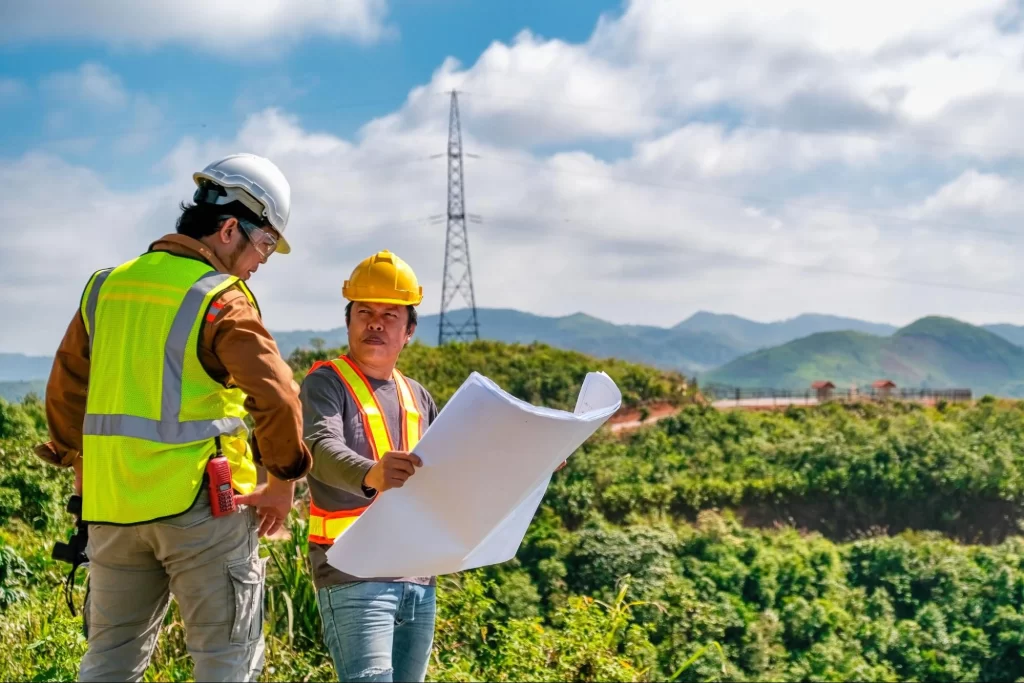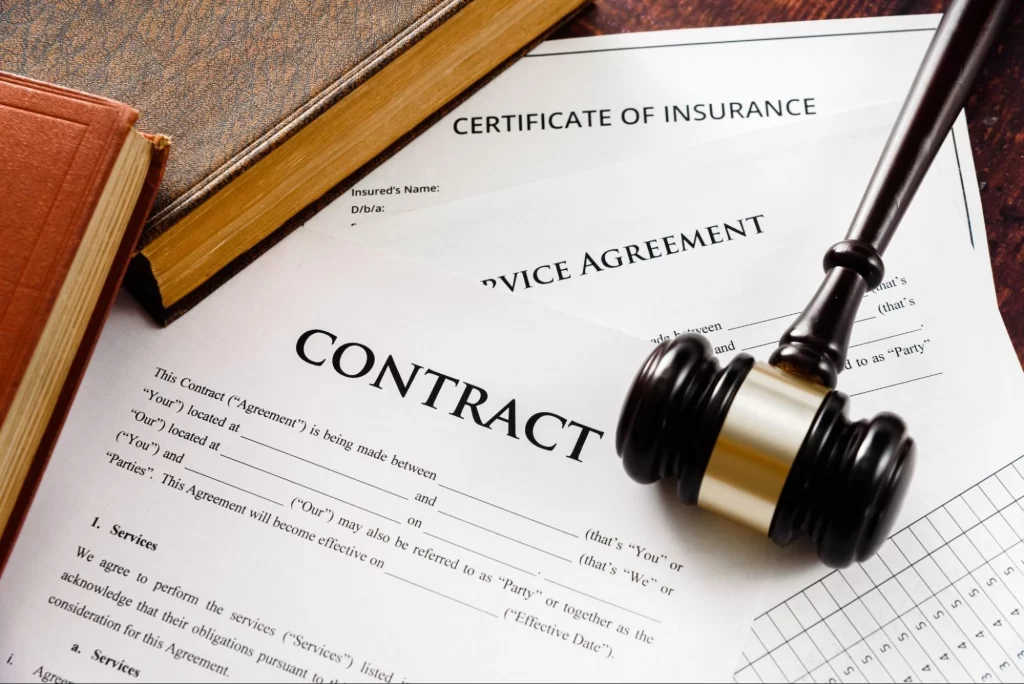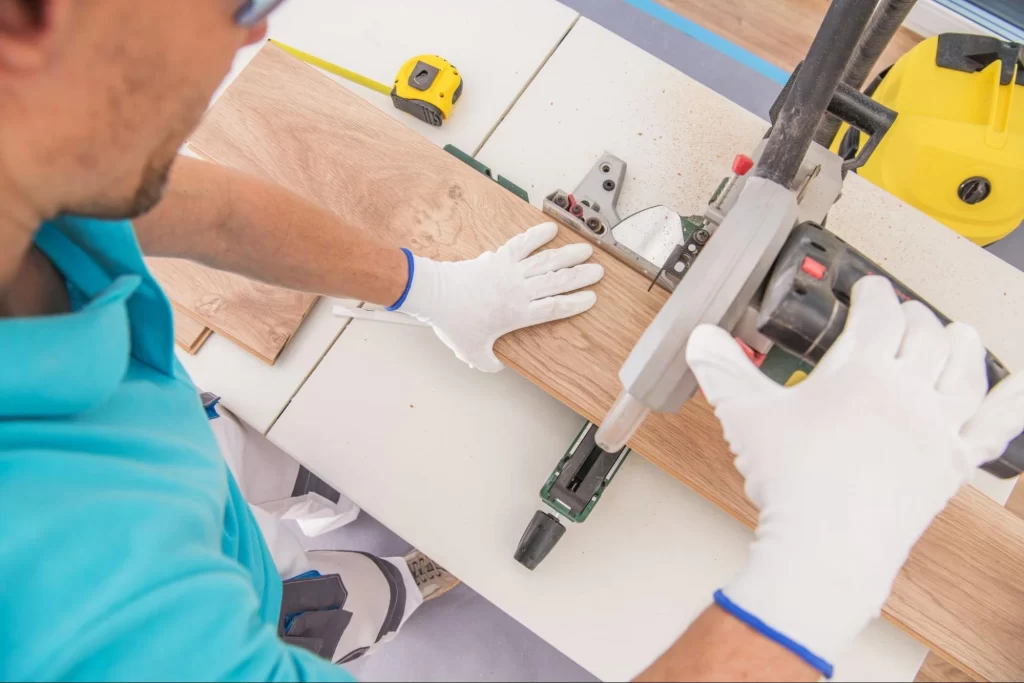7 Steps Process to Build Your Dream Villa in Bali

One of the most well-liked locations in the globe to construct a new house is Bali. Bali, which TripAdvisor named the finest place to visit in the world, provides inexpensive tropical living along with top-notch dining and shopping.
Bali, a small island whose economy is mostly dependent on tourism, was severely harmed by travel restrictions, which is not surprising. However, if we go back in time a few decades, the Island of Gods has always managed to hold onto its status as the most popular island vacation in the world. Regardless of what disasters wreaked havoc on Indonesia’s social and economic dynamic.
The Bali villa construction market is telling us the same story in 2021. Despite the harsh economic effects of the Covid-19 pandemic, many villa construction projects have begun, and interestingly, they have been commissioned by foreigners.
This article will explain why now is the ideal moment to invest in Bali’s tourist and hospitality industry as well as how to construct a villa in Bali from the ground up if you are a foreign investor who is thinking about doing so.
How much does it cost?
When comparing like-for-like properties, building in Bali is less expensive than in most western countries. Prices are calculated per square meter of build area, with a typical villa costing $500-$1,000 (USD) per square meter. The cost will be determined by the quality of the materials used, but most builds will fall within this price range.
Because the cost of building in Bali is directly related to the size of the villa, calculating the cost of a build will depend on the size required. Larger villas will cost more than smaller villas.
It is critical to factor in furnishing costs when calculating the total cost of building in Bali. More furniture is needed for larger villas, which raises the overall cost of construction. Typically, furnishings cost between $10,000 and $40,000 USD on average.
Also read more about Best Property Investments Type for New Investors
7 Step to Build A Villa
Building a villa in Bali can be a thrilling, terrifying, or horrible affair, depending on whether you’re doing it for your own use or whether you decide to become a real estate investor in Bali. Or perhaps a little bit of each. Particularly in a nation with so many convoluted investment and property ownership restrictions. Here is a 7 steps instruction manual for creating your Bali villa.
1. Establish a PT PMA

The only legal entity that allows foreigners to conduct business or own property in full compliance with Indonesian laws and property regulations is a Foreign-Owned Company, or PT PMA. Foreign investment in Indonesia is defined by Law No. 25/2007 on Investment (New Investment Law) as an investing activity conducted by a foreign investor to run a business within the territory of Indonesia.
The PT PMA is the legal entity through which a foreign person, foreign company, or foreign government body can conduct business in Indonesia (i.e. generate revenue and profit). The formation of a PT PMA is governed by Law No. 40/2007 on Limited Liability Companies (Company Law). A company of this type can be entirely or partially foreign-owned.
2. Survey & Acquire Land

Despite the fact that Bali is a small island, land prices can vary greatly from one corner to the next. Land prices in developing and developed areas such as Canggu and Seminyak are estimated to range between IDR 600 million and 1.5 billion (USD 40,000 – 105,000) per 100 square meters, while outlying land is priced between IDR 100 million and 350 million (USD 7,000 – 24,000).
Land in a residential or tourism area can be purchased under a company name with a Hak Guna Bangunan (Right to Build) certificate. However, foreigners cannot obtain business licenses in residential areas and thus cannot operate businesses there.
Another point to consider is green zoning. Green zoning protects agricultural land. You also can’t buy land in a green zone under a company name or build structures. It is critical that you determine whether the zoning is appropriate for your intended activities. Check that your planned business activities are in accordance with the local zoning laws for the property you are considering.
You can also avoid land disputes by defining your domain. Unsurprisingly, land disputes are common in rural Indonesia, particularly in cultures with strong family land heritage, such as Bali.
3. Appoint a project manager

Building a villa in Bali takes a significant amount of time and money, as well as effective construction management skills. This is critical if the projects are to be completed within a set timeline while staying within budget and meeting quality standards.
The project manager takes the lead in the development process, with the responsibility for driving the project’s successful completion and bridging the gap between the employer and the building contract, design team, and other consultants on the project. Your project manager’s primary responsibility is to assist in the development of the business case and initial strategic brief for your project so it will be very helpful.
4. Choose an architect

Choosing an architect who is suitable for your specific design requirements will necessitate not only extensive knowledge of the local market, but also a thorough understanding of the specific style design you desire. Consider contacting Meraki Concept for efficient spatial planning and cost estimation when building a villa in Bali.
Architects are able to see the big picture. They don’t just design four walls and a roof; they design whole environments, interiors and exteriors, that meet functional needs while also being exciting, dynamic places to work and live.
5. Apply for building permits

According to Indonesian law, all buildings in Bali must have an IMB. An Izin Mendirikan Bangunan, or IMB, is a legal permit that allows for the construction of buildings in Indonesia. It is the building owner’s responsibility to do so. As a result, if you rent a building, it is the responsibility of your landlord to obtain an IMB.
The IMB permit is currently being phased out and will be obsolete by January 2022, when it will be replaced by PBG and SLF permits under the new Omnibus Laws overhauling and regulating Indonesian legislation under the administration of President Joko Widodo.
If you buy or rent a building without an IMB, you will run into issues. Furthermore, a building that is used for a purpose other than what is stated on the IMB is illegal. As a result, you must exercise extreme caution to ensure that the exact use matches the written purpose on IMB.
Before obtaining one, you should check the spatial planning and land zoning regulations for the area where your building will be built. This is because certain lands or zones only permit specific building uses.
6. Appoint a trusted contractor

Construction costs for a villa in Bali can range from IDR 6 million per square meter to IDR 14 million per square meter, making it difficult to find the right contractor who can deliver services on time, within budget, and to high standards.
When selecting a building contractor, you should do your research and check them out before hiring them. The potential for problems is greatly reduced if you hire a good reputable building contractor in terms of price, reliability, and workmanship.
As a result, you can request recommendations. Find out if the contractor is a member of any relevant trade associations. Choose established contractors with premises, and finally, you can check the contractors out.
7. Choose the best property management

When you put a significant amount of your hard-earned money down for an investment property, you want to know that it will be expertly managed to maximize your returns while minimizing stress. While it is possible to manage the property yourself, many investors prefer to hire a professional property manager.
You can do your research about the best property management in Bali before you are going to invest your money.
The next step you can do is count on word of mouth. The best way to find a good property manager is through word of mouth and consumer feedback, rather than through marketing or advertising campaigns.
Tell them all the things that you are questioning, a property management company’s website or brochure may sound impressive, but you’ll need to dig deeper to get past the PR spin. Below is a list of questions you can ask a prospective property manager. Next, learn about the services they offer, compare communication because a property manager must be able to communicate accurately and thoroughly, and finally, calculate the cost.
Put down all the hassle and work with Hexagon Property
Foreign investors can gain legal protection and security by investing in real estate through a PT PMA, or a foreign-owned limited liability company. Hexagon Property provides business setup solutions and can assist in streamlining the process of registering a PT PMA, making it faster and more efficient.
When purchasing land as a foreign investor, due diligence and notary services are essential to ensure the property is legally sound and free of any potential issues. Hexagon Property can help with these services as well as developing a solid investment strategy for the property.
The Hexagon Property provides exclusive project management services for villa construction operations, as well as high-end design and construction solutions for your project. We ensure that all contractors are contractually obligated to provide construction guarantees and go through a thorough construction defect snagging process to correct any issues before handover. This is an extra step to ensure that the project is of high quality and that any issues are resolved before handing over to the client.
Image source: Villa Mango Berawa


